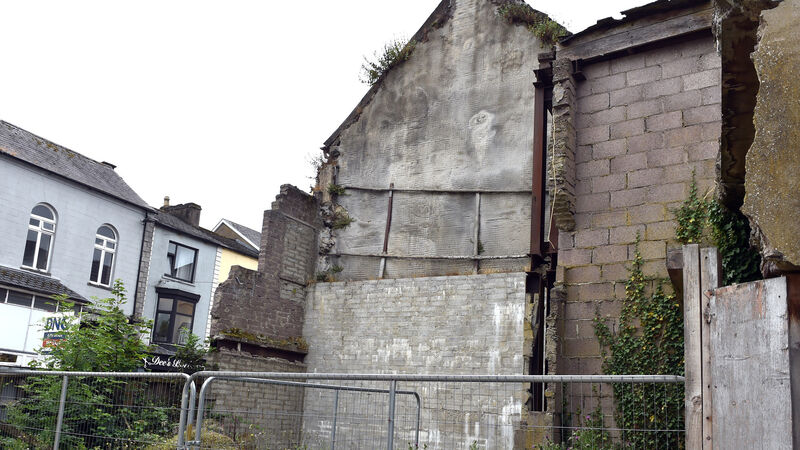Just €900 of more than €300k derelict charges collected by Cork County Council

Chief executive of Cork County Council Tim Lucey said all local authorities had experienced challenges in implementing and administering the vacant site levy. Picture: Eddie O'Hare
Cork County Council collected just €900 of €308,000 from charges related to the derelict site levy, a local authority audit has found.
The details are contained in a report by the Local Government Audit Service, which also found the council did not have a countywide centralised register of derelict sites.










